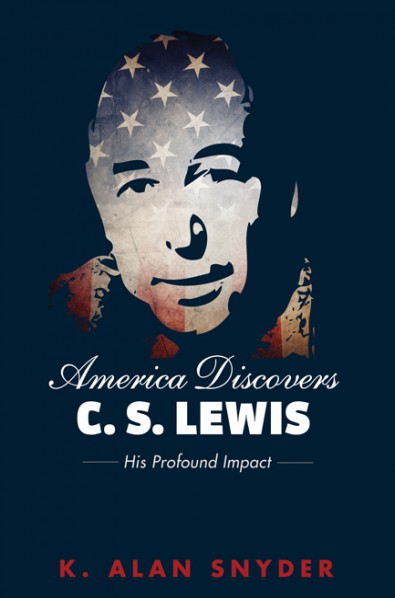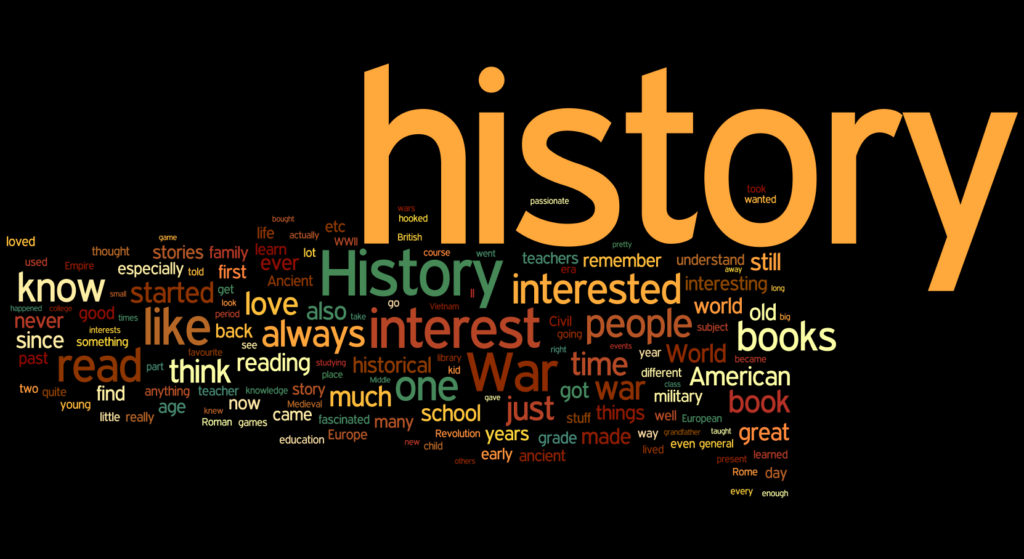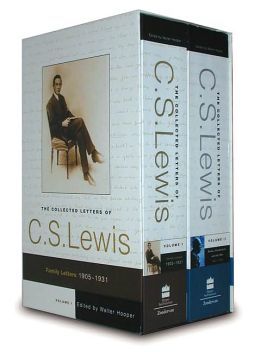I’ve been praying about a new C. S. Lewis project. As a historian whose specialized field of study has always been American history, the Lord opened up a niche for me back in 2014-2015 when I had an academic sabbatical. Research at the Wade Center at Wheaton College convinced me that no one had adequately covered Lewis’s connections to Americans. With help from the Wade and from Walter Hooper, the research grew into a published book in 2016. America Discovers C. S. Lewis: His Profound Impact helped me find a home, so to speak, in Lewis World. I would be remiss, of course, if I didn’t encourage readers of this blog to examine it for themselves. Here is where it can be found on Amazon.
But that was five years ago, and I have this itch (hopefully a holy and God-inspired itch) to do more. Another inadequately explored niche, though, is necessary for any writing project. For the first niche, I focused on the American angle. Last week, I suddenly realized I had rather ignored the other angle in my life—that of a historian. In what unique way, I wondered, could I attach Lewis to the subject of history?
Lewis was not a history professor, but his academic background and subsequent career led him to think deeply about history. His first degree was in philosophy. One cannot teach that subject in a vacuum. The context for all philosophy is in history as one delves into the lives of the philosophers and studies the eras in which they lived. It’s called intellectual history regardless whether one has a history degree.
The same is true of his degree in English literature. All literature is written in a specific historical era. The authors, to some extent, are reflective of that era. History and literature go hand in hand. In fact, after I received my history doctorate, I often longed for more advanced courses in literature to complement the historical training I already had undertaken. As for Lewis, how can one reasonably assert that he has no basis for interpreting history when his most comprehensive scholarly work is The Oxford History of English Literature in the Sixteenth Century?
His essays sometimes include history in their titles—“Historicism” and “Is History Bunk?”—are examples. Yet one doesn’t need history in the title in order to have significant historical components. Two essays that I use in my Lewis class, “The Humanitarian Theory of Punishment” and “Is Progress Possible? Willing Slaves of the Welfare State,” draw upon history as a basis for the arguments offered on current events. The essay collection Studies in Medieval and Renaissance Literature is replete with historical context: “Imagination and Thought in the Middle Ages,” for instance.
The one quote from Lewis about history that always stays on my mind comes from “Learning in War-Time.” I’ve referenced it more than once in previous blog posts. As he makes his case for continuing to stress academics even in a time of war, he reminds his readers of the value of history:
Most of all, perhaps, we need intimate knowledge of the past. Not that the past has any magic about it, but because we cannot study the future, and yet need something to set against the present, to remind us that the basic assumptions have been quite different in different periods and that much which seems certain to the uneducated is merely temporary fashion.
A man who has lived in many places is not likely to be deceived by the local errors of his native village; the scholar has lived in many times and is therefore in some degree immune from the great cataract of nonsense that pours from the press and the microphone of his own age.
So Lewis believed that “intimate knowledge of the past” could help us be “immune” from what he termed a “great cataract of nonsense that pours from the press and the microphone” of the time in which we live. Today we can add social media to that description of potential nonsense, but the principle remains the same.
And then there are those volumes of Lewis’s collected letters. What nuggets might I find in those? I look forward to perusing them.
All good historical writing needs to pose questions. Mine are these: Why did he believe history was so important, not only as an academic subject but for the general population? How deeply influenced was Lewis by the knowledge of history? What roles did he believe historical knowledge could play in one’s own age? I’m sure I’ll think of more as I proceed.
What is the goal? I’ll do the research (which I love) and see if that gives rise to presentations I might make at conferences or as articles in publications devoted to Lewis. If the research shows a depth to Lewis’s thought in this area that has only been touched on by others, then perhaps a book might result. My task is to do the work; the Lord will show the path as I am faithful to the task.
And I will always strive to keep this in mind:
My son, be further warned: There is no end to the making of many books, and much study wearies the body. When all has been heard, the conclusion of the matter is this: Fear God and keep His commandments, because this is the whole duty of man.
Ecclesiastes 12:12-13




